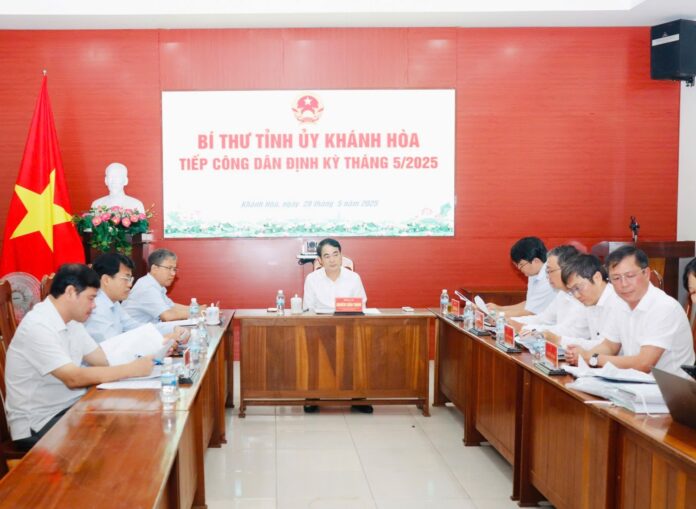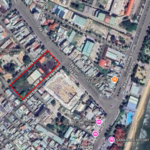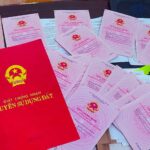Enforcing Court Rulings with Strict Adherence
On the morning of May 28, the Secretary of the Khanh Hoa Provincial Party Committee, Nghiem Xuan Thanh, held a regular meeting with citizens for the month of May. The attendee was Mr. Pham Van Tuan, a resident of Pham Van Dong Street, Vinh Hoa Ward, Nha Trang City.
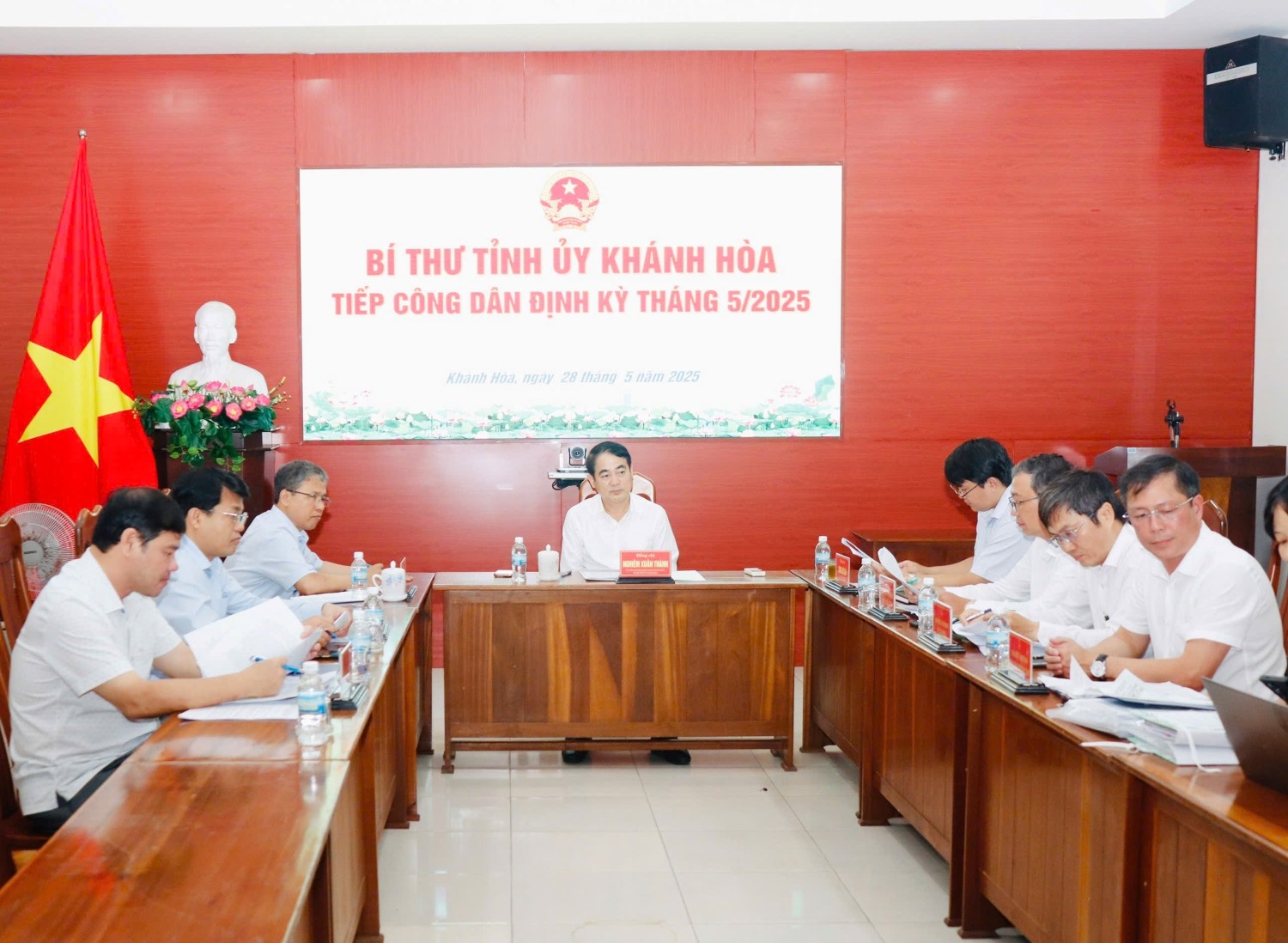
Mr. Nghiem Xuan Thanh, Secretary of the Khanh Hoa Provincial Party Committee, along with representatives from various agencies and units, during the meeting with Mr. Tuan.
At the meeting, Mr. Tuan requested that the Secretary of the Provincial Party Committee direct the People’s Committee of Nha Trang City to issue a notification revoking Notification No. 444 dated August 31, 2009, regarding the policy on land retrieval for the implementation of the Sasco Nha Trang Hotel investment project, as the project has been prolonged for almost 20 years, affecting 38 households in the Ba Lang area. He also urged the strict enforcement of the verdict of the Da Nang High-Level People’s Court and the facilitation of procedures for granting land use rights certificates for the remaining land to Mr. Tuan.
After considering the opinions of the functional sectors, Mr. Nghiem Xuan Thanh, Secretary of the Provincial Party Committee, instructed the People’s Committee of Khanh Hoa Province to direct the People’s Committee of Nha Trang City to strictly adhere to the decision of the Da Nang High-Level People’s Court regarding the land retrieval from Mr. Tuan’s family for the Sasco Nha Trang Hotel project. He also requested a review of the project’s legal documents and a report to the Provincial Party Committee Standing Committee before June 20, 2025. Regarding the issue of granting land use certificates to Mr. Tuan, the Secretary directed the functional departments to advise the People’s Committee of the province to provide a clear explanation for the reasons why this particular land lot does not meet the conditions for certification.
Illegal Land Retrieval for Hotel Construction
Prior to this, the Tien Phong Newspaper published an article reflecting on Mr. Tuan’s situation in a piece titled “Illegal Land Retrieval for Hotel Construction, Leaving Residents in Limbo.”
Specifically, in 1996, Mr. Tuan purchased two land lots on Pham Van Dong Street, totaling 341.2 square meters. In December 2002, he was granted a land use certificate (red book) for 150 square meters of residential land, while the remaining 183 square meters were not certified due to exceeding the limit.
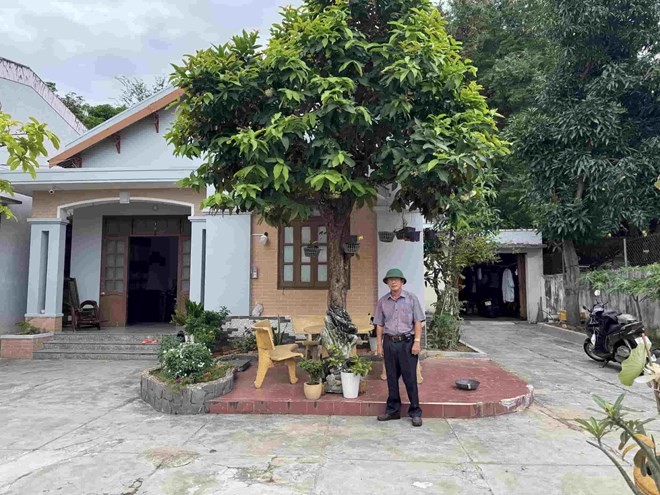
Mr. Tuan’s house, half of which has been certified, while the other half remains uncertified.
In 2008, the People’s Committee of Khanh Hoa Province granted an investment certificate to Tan Son Nhat Airport Ground Services Company to implement the Sasco Nha Trang Hotel project, with a total area of over 7,700 square meters. In September 2017, the People’s Committee of Nha Trang City issued a decision to retrieve nearly 334 square meters of land from Mr. Tuan’s family for the aforementioned hotel project.
Believing that these decisions were not in accordance with legal regulations, Mr. Tuan filed a lawsuit. On December 25, 2020, the Da Nang High-Level People’s Court ruled in favor of Mr. Tuan in the appellate trial. The appellate verdict stated that the decision of the People’s Committee of Nha Trang City to retrieve land from Mr. Tuan’s family when the investor and Mr. Tuan had not agreed on compensation was not in compliance with the law.
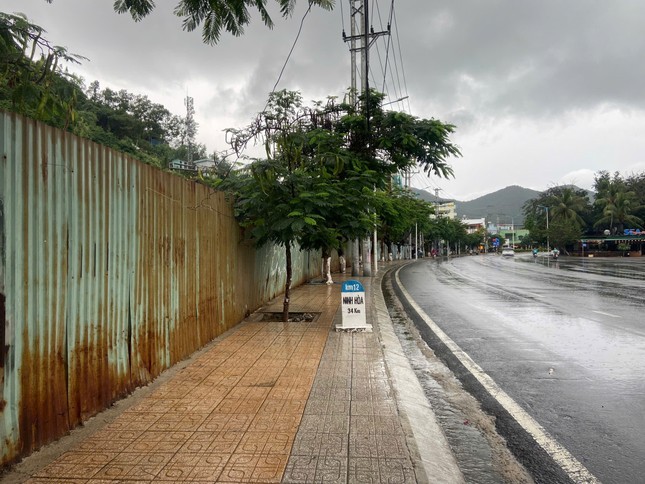
The Sasco Nha Trang Hotel project has been “hanging” for 20 years, fenced off along Pham Van Dong Street.
As the decision to retrieve the land made by the People’s Committee of Nha Trang City was not in accordance with legal regulations, the subsequent decisions on compensation, support, and resettlement made by the same committee and the Chairman of the People’s Committee of Nha Trang City and the Chairman of the People’s Committee of Khanh Hoa Province were also deemed unlawful.
Based on the above analysis, the Appellate Panel of the Da Nang High-Level People’s Court decided to annul six decisions related to land retrieval, compensation, support, and resettlement, as well as the handling of complaints at the first and second levels, issued by the People’s Committee of Nha Trang City, the Chairman of the People’s Committee of Nha Trang City, and the Chairman of the People’s Committee of Khanh Hoa Province.
“Prime Land Auction in Binh Dinh: 46-Story Residential Tower Planned for Quy Nhon’s Heart”
The upcoming mixed-use residential project, located at 72B Tay Son Street, Ghềnh Ráng Ward, Quy Nhon City, with an investment of over 3.178 trillion VND, promises to revolutionize the urban landscape. This development aims to cater to the diverse housing needs of the community, accommodating various income levels. By offering a range of residential options, the project will foster a vibrant and inclusive urban environment, enhancing the city’s appeal and providing a much-needed boost to the local economy.
“Ho Chi Minh City Pilots Housing Project through Land Use Agreement”
The Department of Agriculture and Environment has been tasked with heading the formation of an inter-agency task force and support group to review and assess proposed land areas for the pilot project. This decision was made in consultation with the Ho Chi Minh City People’s Committee, who have entrusted the department to take the lead in this important initiative.
The Two Mandatory Fees for Obtaining a ‘Red Book’ in 2025: Be Prepared!
In 2025, the two biggest expenses when obtaining a land use right certificate (red book) in Vietnam are land use fees and registration fees, which can amount to hundreds of millions of Vietnamese Dong depending on the land area and location.

